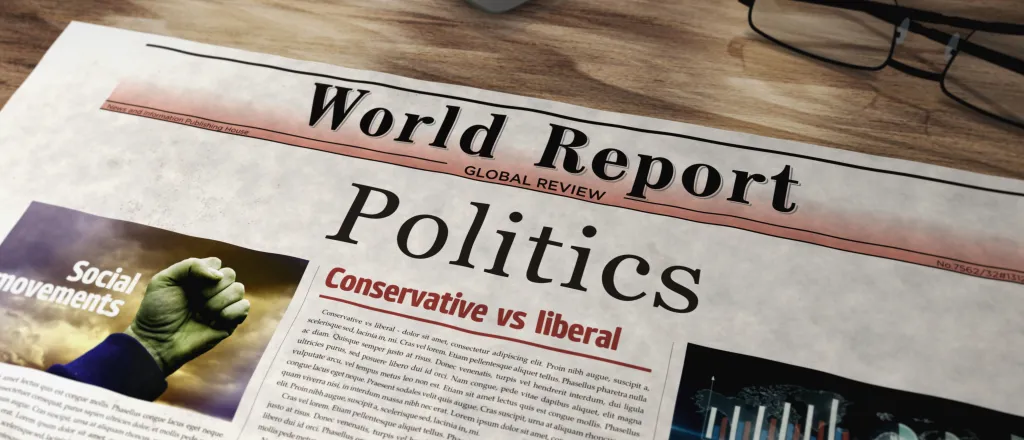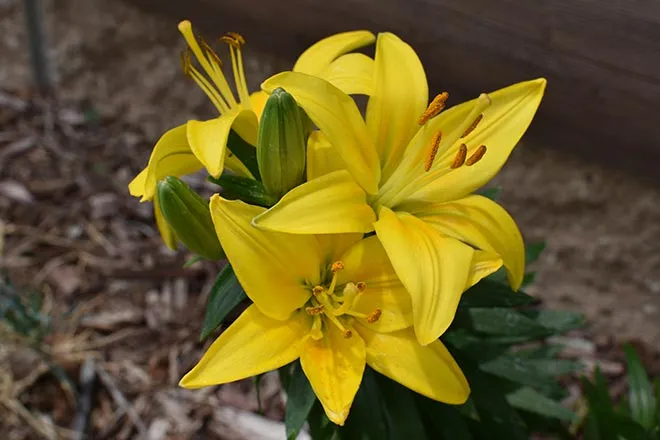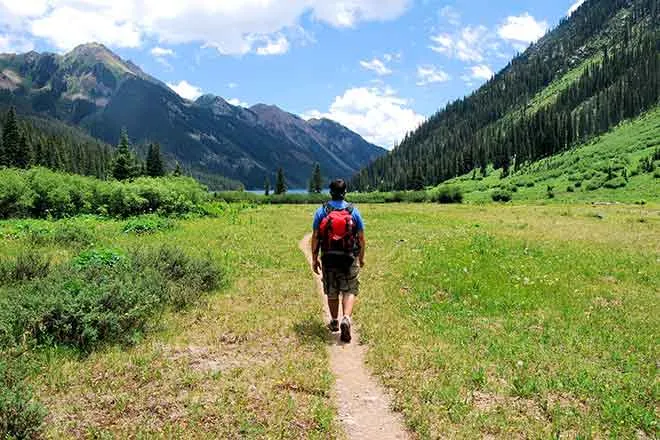
Politics: 2025Talks - April 14, 2025
© Arkadiusz Warguła - iStock-1890683226
Politics and views in the United States.
FEMA, other disaster preparedness agencies could face tough times due to budget cuts. Crop seed preservation in a precarious state under Trump administration. And new executive order undercuts states' powers on climate change.
TRANSCRIPT
Welcome to 2025 Talks, where we're following our democracy in historic times.
The federal BRICS program administered through FEMA is exactly the kind of forward-thinking, infrastructural-oriented funding we need to get our communities back on track after storms.
Leon County, Florida Democratic Party Chair Ryan Race says cuts to a federal emergency management administration resiliency program don't bode well for states near the ocean this storm season.
The National Oceanic and Atmospheric Administration is predicting another above-average level of hurricane activity for Gulf and East Coast states.
But meanwhile, millions of dollars for disaster preparedness are being cut from areas facing greater risks for storms magnified by climate change.
President Donald Trump's administration says it wants to cut $2 trillion in federal spending, but some are warning against laying off specialized federal workers when they're needed.
The U.S. Geological Survey is losing $1.6 billion just as Alaska's Mount Spur seems close to erupting, threatening Anchorage, the state's biggest city.
Scientists at 22 low-profile federal sites worked to maintain the nation's agricultural plants until the Department of Government Efficiency demanded they be fired.
Professor Iago Hale at the University of New Hampshire says the program has protected Americans' food by collecting important plant species since 1898.
He says losing these seed bunkers could leave the country vulnerable to a famine.
If you subsist totally on chicken nuggets and KFC, that's fine.
Understand, that comes back to plants grown in the field.
The breading on your fried chicken, the french fries you're eating, these are all products of crops.
And this is how it works.
Hale says unless dormant seeds are continually cared for and periodically replanted, those species could die out, along with their evolutionary history.
A court order has temporarily reinstated some of the scientists, but it's not clear when their work will resume.
States and conservation groups say they feel hamstrung by a new presidential executive order blocking local climate change policies.
The order directs the attorney general to identify and target state laws designed to curb emissions.
For decades, conservatives have argued in favor of increasing local and state authority.
JL Anderpoint with 350.org says the new order is executive overreach and an attempt to manipulate the market.
They're trying to cut our infrastructure for transitioning off of fossil fuels, revive a dying coal industry, cut funding for adapting to the climate disasters they caused.
And now they're saying to states, don't you try to protect yourselves.
This comes as many states forge ahead on clean energy.
Lawmakers and advocates in Illinois are working on the state's third major climate bill in less than a decade.
Supporters of the Clean and Reliable Grid Affordability Act say it'll help the state's power grid keep up with increased demand and a rising need for workers.
Ethan Minich with the Camp Grove Wind Farm says clean energy jobs have grown eight times faster than the rest of the state's economy, and workforce education has had to keep up.
The technical training has certainly increased a lot.
It went from on-the-job training with some very specialized schooling for it to now a lot of companies even have their own training programs to train people.
I'm Edwin J. Vieira for Pacific Network and Public News Service.
Find our trust indicators at publicnewsservice.org.

















